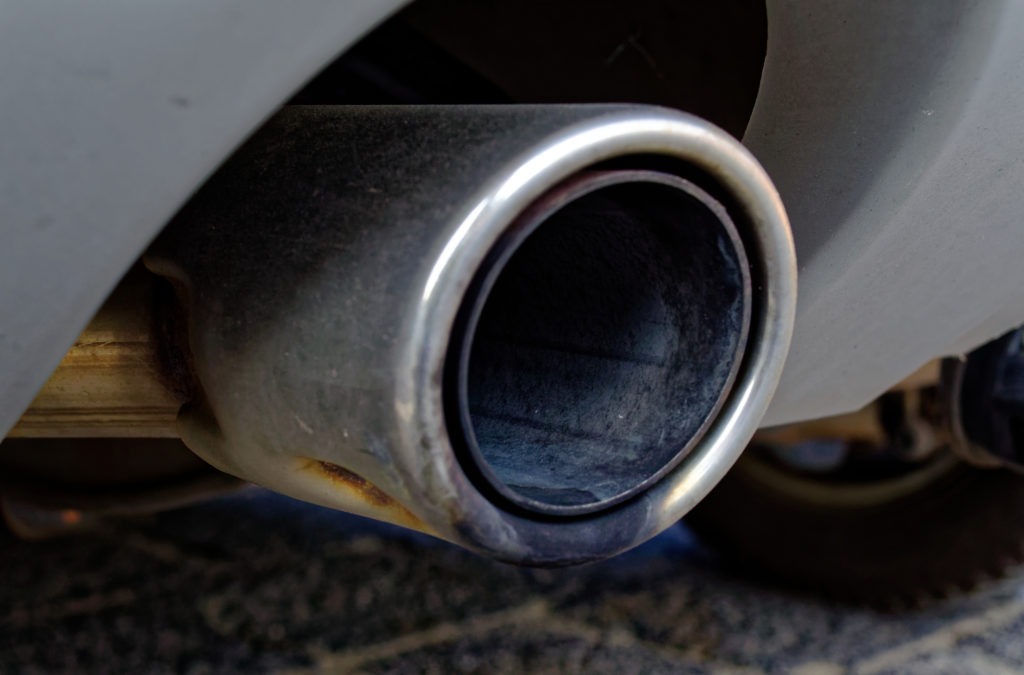UK falling behind in ‘net zero’ emissions pledge
19 June 2019

19 June 2019
The UK Government’s electric vehicle (EV) strategy needs a boost in order to reach its ′net zero by 2050′ pledge, according to a new report by the British Vehicle Rental & Leasing Association (BVRLA).
The report highlights key areas that need improving on, including:
- Tax policy: the unclear future regarding taxation on EVs means buyers are inclined to hold back on purchases.
- Charge point access: despite the Mayor of London’s new infrastructure plans, EV charging is simply not accessible for many UK residents.
- Leading by example: the Government itself is behind on its internal electrification plans, with ultralow emissions vehicles accounting for just 2% of its fleet.
′Fleets across the UK have committed to this transition and are leading the zero-emission vehicle surge,’ BVRLA chief executive, Gerry Keaney, said
′Our research has found that they are desperate for clarity on future taxation and incentives, want better access to public charging and are frustrated at lead-times of over 12 months for the most popular EVs,’ he continued.
The BVRLA gave recommendations to catch up on the plans, including a five-year roadmap for taxes and EV incentives; setting a national EV registration quota; and mandating universal methods of access and payment for public charge points.
Eco-conscious
The issue of air quality is the driving force behind increased targets for the UK Government, with increased pressure to drive down emissions perhaps contributing to the floundering progress.
The Mayor of London, Sadiq Khan, said: ′London’s air is so dirty and polluted that it amounts to nothing less than a serious public health crisis. It breaches legal limits and blights the lives of Londoners, resulting in thousands of premature deaths every year.’
Khan recently announced his EV strategy for London, which will ensure more rapid charging points are constructed in the coming years – making electric vehicle (EV) ownership more viable for residents.
′Growing concerns around urban air quality and climate change mean that the Government is already updating its targets with more ambitious ones. We are ready to work with policymakers and the automotive supply chain in meeting today’s and tomorrow’s challenges,’ said Keaney.